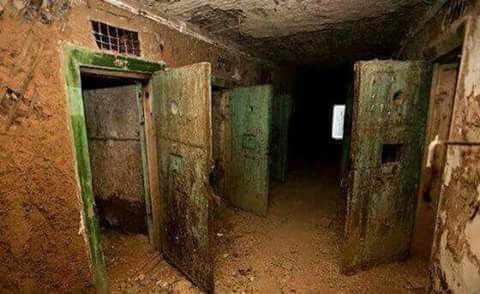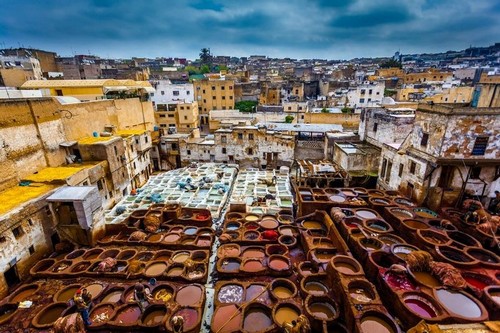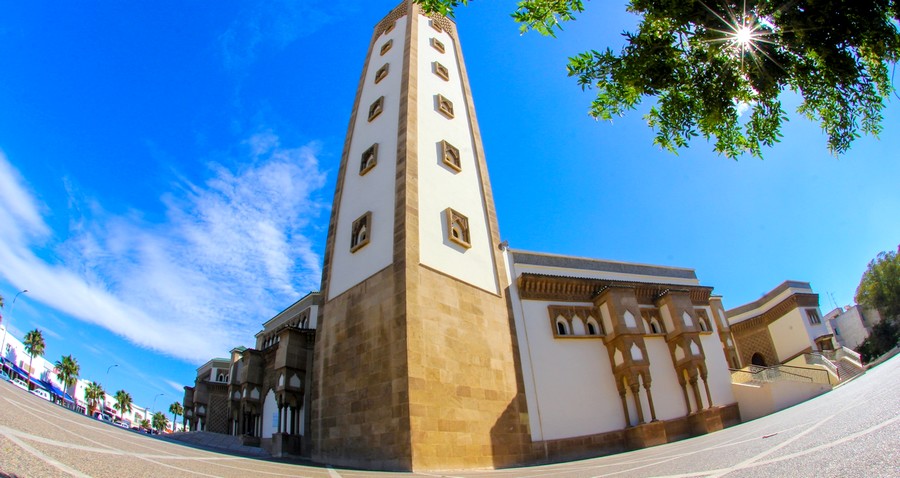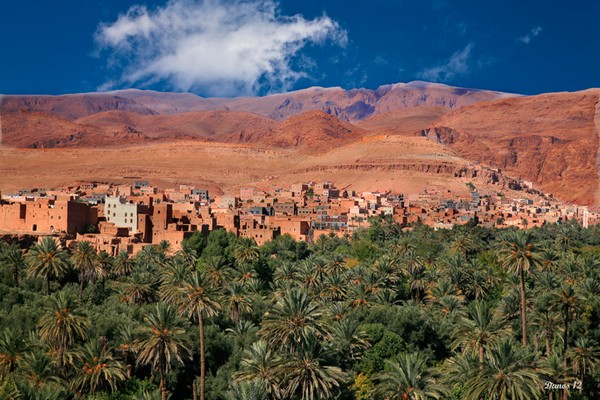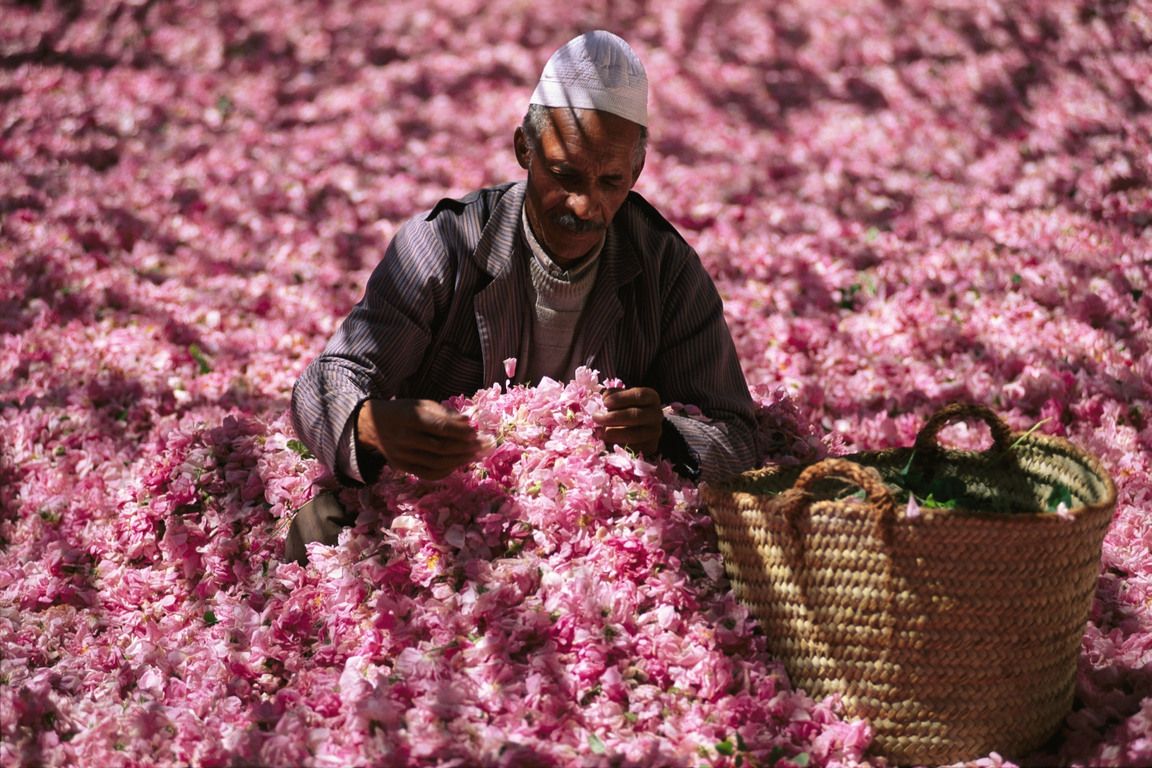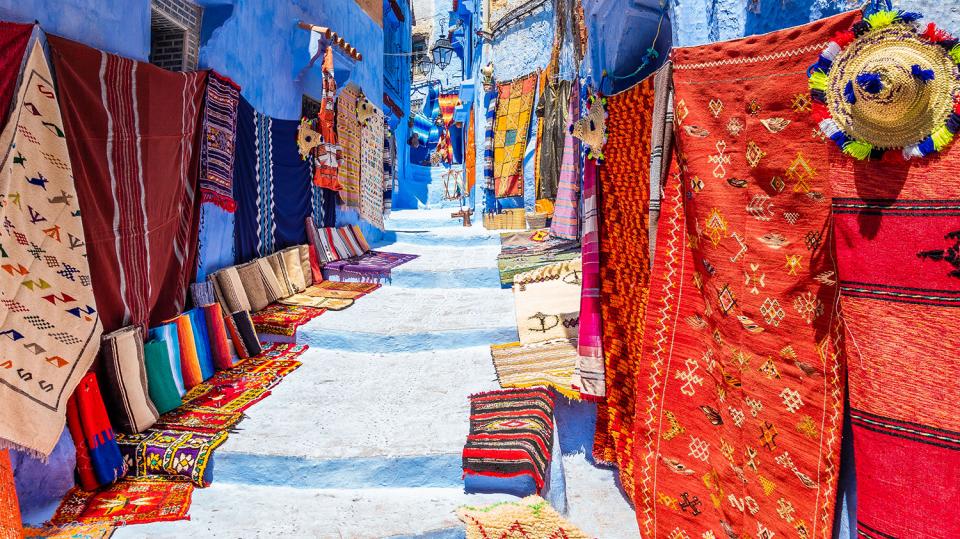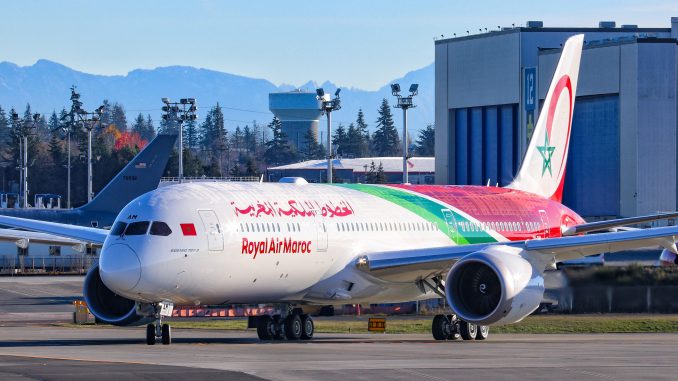Casablanca - The brutal shock caused by the Covid-19 to whole swathes of the economy caused real stress with more losers than winners, tourism seems the most likely to tip over into distress as far as transport aviation is at a standstill with the confinements declared in the main tourist emitting countries and the closures of the air borders.
In Morocco, the tourism industry is taking the brunt of this crisis and provisionally anticipates losses of 34 billion dirhams (MMDH) in terms of turnover by the end of the year, and 15 MMDH in the only hotel sector.
Tested and with deserted hotels, professionals in the sector, however, did not hesitate to act to mobilize and increase solidarity initiatives with medical staff, first at the front against the invisible enemy.
In the Casablanca-Settat region, the hotels are almost all empty, a quasi-zero tourist scenario in the metropolis. The hotel industry, an important link in tourism, has joined the momentum of national solidarity in the face of the pandemic.
In the metropolis, up to 90% of hotels have closed, the President of the Association of the Hotel Industry of Casablanca and region (AIH), Mohamed Saouti, told the MAP, noting that the majority of hotels have stopped work while ensuring permanence at the level of technical services, security (24h / 24h) and cleanliness of the premises and hygiene.
As the flow of arrivals into hospital structures progresses, the medical and paramedical personnel on the front line in this fight and those most exposed to the Coronavirus fear to return home for fear of being vectors of contamination for their relatives.
Faced with this situation, he noted, a monitoring unit was created jointly with the Regional Tourism Council (CRT), with the mission of raising awareness of all the hotels to contribute with rooms for staff caregiver, depending on the human and logistical resources available.
A request that did not drag too much. Many hotels in the economic capital have provided accommodation to cover the needs of the medical profession, the president said.
Today, the hotels, which are not closed, are generally occupied by the medical staff, noted, in this regard, Mr. Saouti, making known that with the CRT, "we arrived at 850 rooms on the metropolis "and a hotel establishment has even offered to shelter the confinement of patients with a medical staff, he welcomed this gesture which is heart-warming.
Likewise, several restaurants provide meals for the nursing staff. "Besides, that was the only concern that arose because the majority of hotels granted accommodation but without services or restorations," he continued.
In the same vein, the Ibis hotel in Mohammedia has decided to make available to the authorities and the nursing staff involved in the fight against the epidemic, no less than 96 rooms. A citizens' initiative, which deserves to be generalized throughout the Kingdom, initiated since March 24 and operated in coordination with the prefecture of Mohammedia.
Regarding the situation of employees in the hotel sector, the president of the association noted "that today, we are not talking about unemployment yet", noting that the majority of hotels have taken care of the first fifteen days of March and proceeded to the CNSS formula to allow their employees to benefit from 1,000 dirhams over the remaining 15 days in accordance with the decisions of the Economic Watch Committee (CVE) and 2,000 dirhams over the next three months.
However, "certain hotel units have ensured the salaries of their staff over the next three months," he reassured, but the repercussions of this health crisis hover over all the hoteliers threatening several thousand jobs.
"We are all waiting for the end of confinement to also see the countries that will allow their planes to take off" especially as the source markets to the Kingdom, mainly Italy, France and Spain, are badly affected by the virus , he noted.
"There will surely be restrictions that will be taken to try to stay on their guard." This is why it is necessary to look at different avenues for recovery and to prepare for the post-crisis period, which "will not be easy".
The lack of visibility on the pandemic does not currently allow short-term forecasts. "Today, the most important aspect is protecting the population, the economy comes after," concluded Mr. Saouti.
